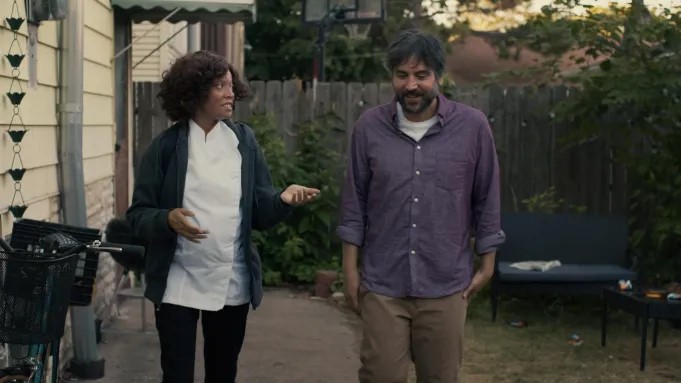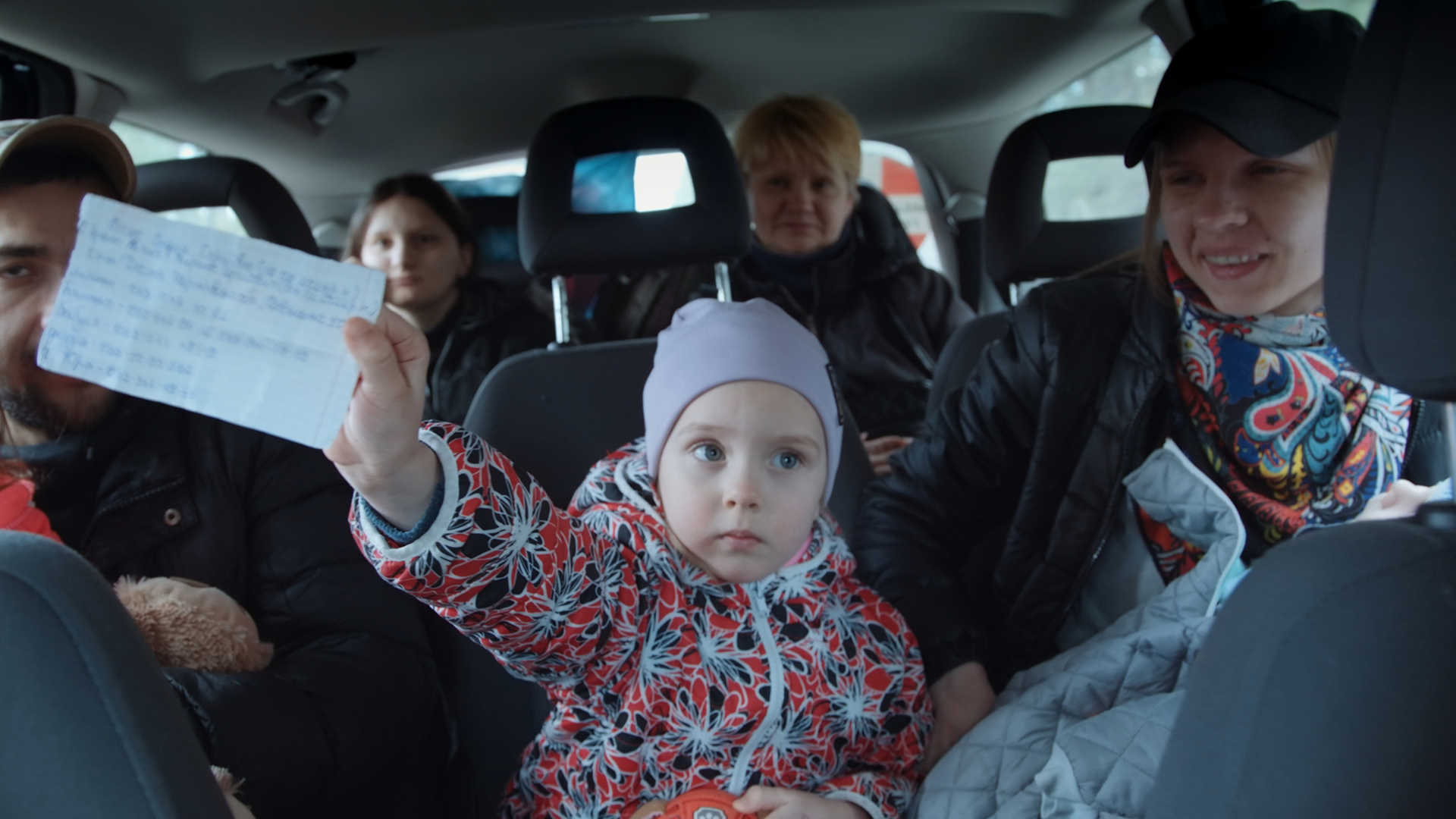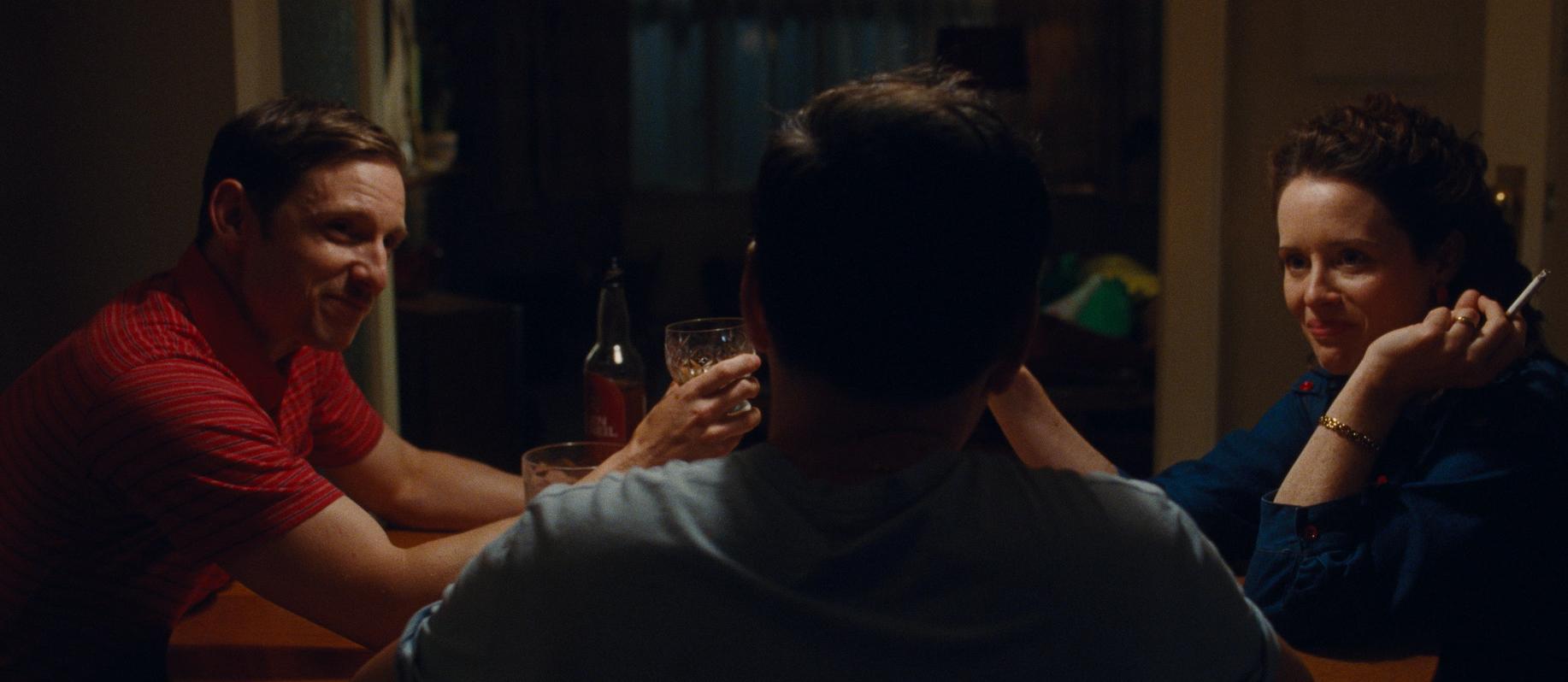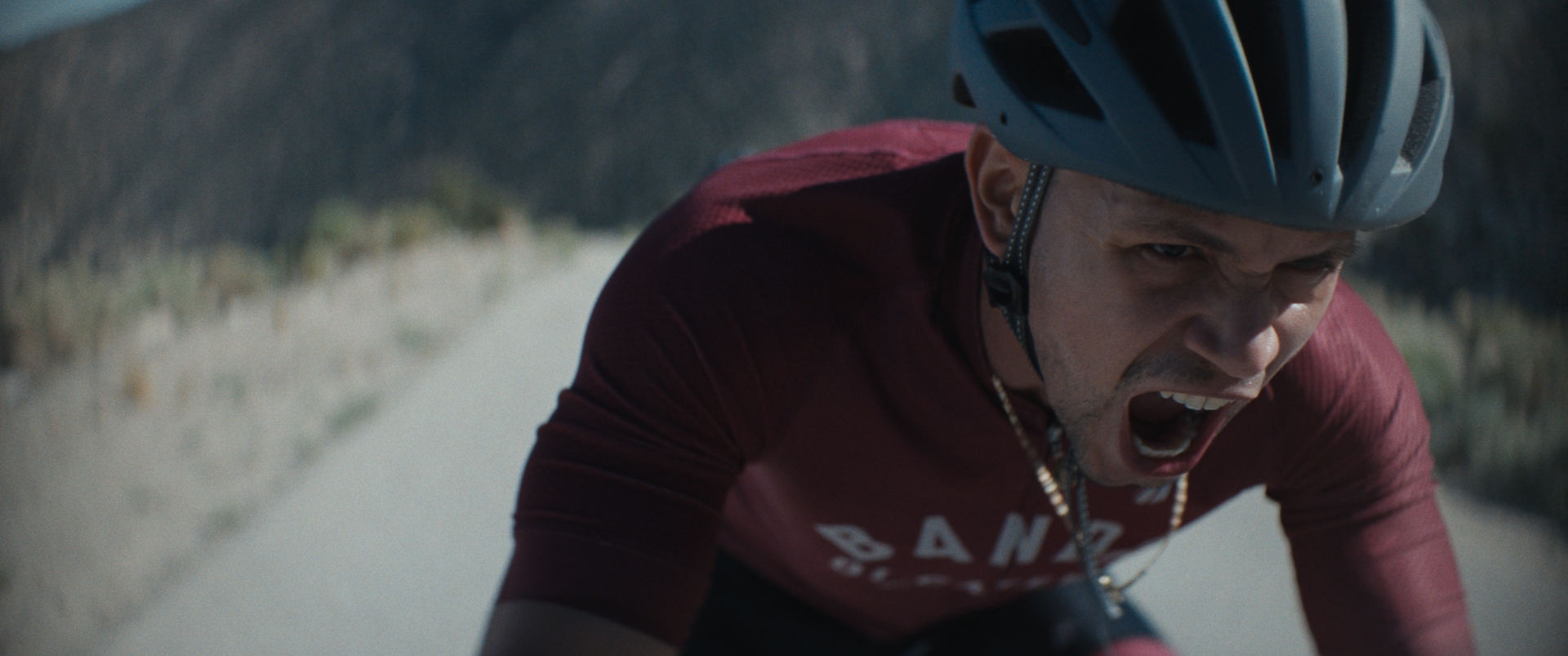Now Playing
Current DJ: Jenny West: Music For Chameleons
Sloppy Jane Lullaby Formica from Madison (Saddest Factory) Add to Collection
Requests? 773-DJ-SONGS or .(JavaScript must be enabled to view this email address)

by Kyle Sanders
There are the families that we're born into and the families we choose to belong to. Both have their advantages and disadvantages. A lot of the titles I've seen at the Chicago International Film Festival have provided intimate glimpses of families bound by blood and those melded together by circumstance.
The first of these titles, All Happy Families (U.S.) references the famous quote by Tolstoy that begins the film: "All happy families are alike; each unhappy family is unhappy in its own way." The unhappy family in question here is the Landry's, specifically Graham, who is an out-of-work actor constantly under the shadow of his more successful brother, Will.
As he tries to lease out the first floor of his two-flat, Graham's brother unexpectedly arrives, and with the help of his recently retired mother and gambling addict father, Graham spruces up the place in the hope his former crush will move in.
 All Happy Families
All Happy Families
The dysfunction that looms over this family is abundant, but love is there to hold them together. Will has an ulterior motive the rest of the family can sniff out from miles away, and with each line of truth he vaguely utters, the family finds a new direction to roll their eyes toward. Despite how put off they are to Will's problem, their support never wavers.
Familial support is as alien to Gunnar as moving to the city in Solitude (Iceland). After being forced off the land he has lived on since birth, Gunnar relocates to the nearest town, where community life becomes quite an adjustment. It takes the unlikely friendship of Ari, the neighborhood paperboy, to help him break out of his shell.
This friendship is built out of alienation. Gunnar doesn't really have any family and Ari is a latchkey kid coping with his parents' separation. They bond out of loneliness through chess, TV, and frozen pizza.
 Solitude
Solitude
Ari seems to long for an older male role model, while Gunnar enjoys the company of someone other than himself. Of course, the difference in ages look suspicious to some, but Gunnar's friendship with Ari is earnest, and it inspires him to contribute more to the community around him.
Community no longer exists to the Ukrainian families featured in In the Rearview (Poland/France/Ukraine). This documentary takes place in the backseat of a minivan as it transports dozens of civilians fleeing war-torn Ukraine.
As the driver navigates around blockades and detours, the camera focuses on the war-torn faces of its passengers--mothers, wives, and children--and the intimate stories shared as they journey to safe territories.
 In the Rearview
In the Rearview
While we've all been following media coverage of the Ukrainian War, In the Rearview provides personal accounts from those who experienced it first hand: neighbors getting murdered, the torture they've endured, and the lives they've been forced to leave behind. Some rides contain entire families, while others are a mixed caravan of strangers.
Even with the horrors of war glazed across their faces, the travelers still manage to share empathy with one another. In a way, these car rides are made up of makeshift families, bound together by the hardships of war. In the Rearview allows a therapeutic car ride to those whose pasts have been destroyed and futures remain uncertain.
In All of Us Strangers (U.K.), Alan finds therapy in visiting his childhood home, where his parents seemingly live despite having died in a car accident when he was only a teenager. Now living as an openly gay adult--and roughly the same age as his parents were at the time of their death--Alan spends his visits catching his parents up on who he is now, even if they don't quite approve of it.
At the same time, Alan becomes romantically involved with a resident of his high-rise apartment, building a relationship he's always wanted but somehow has always eluded him.
 All of Us Strangers
All of Us Strangers
The realization that Alan's parents are dead isn't presented as a plot twist only M. Night Shyamalan could concoct, but their resurrection doesn't seem to bewilder Alan whatsoever. Having them back in his life is both wonderful and frustrating, as he's able to see them again, but also must confront their homophobia. In a way, it's healthy for Alan, because seeing them again and having these conversations seem to open him up to accepting love from someone else.
Hard Miles (U.S.) is based on the true story of Greg Townsend, a social worker at a juvenile detention center who gathers together a group of troubled teens for a thousand mile bike ride to the Grand Canyon. The problem is, the reluctant teens don't get along so well.
An avid cyclist, Greg uses the paved terrain of inclines and curves to push these kids to their breaking points, pedaling through their pain and achieving a sense of accomplishment.
 Hard Miles
Hard Miles
This ragtag group of misfits aren't used to having love and support from a family. This is also true for Greg, who experienced abuse from a disapproving father when he was a child. Greg might not be any of their actual fathers, but he serves as a surrogate, coaching them with guidance and teaching them how to be responsible and capable men who can achieve anything they set their minds to.
In the process, these boys learn to accept one another as well, and realize that in order to succeed as a peloton team, they'll have to work as a family unit.
Every one of these films present a family unit, be it by blood or by choice. What makes a family is having someone who matters to you as much as you matter to them.
These films feature at least one character dealing with a problem, but they're able to face that challenge thanks to the support of someone who cares. You don't have to share DNA to be connected to someone--all you have to do is show understanding.
Previous entry: Pulling the Strings: Reviews of “After Work,” “Do Not Expect Too Much from the End of the World,” “The Battle,” and “Black Box”